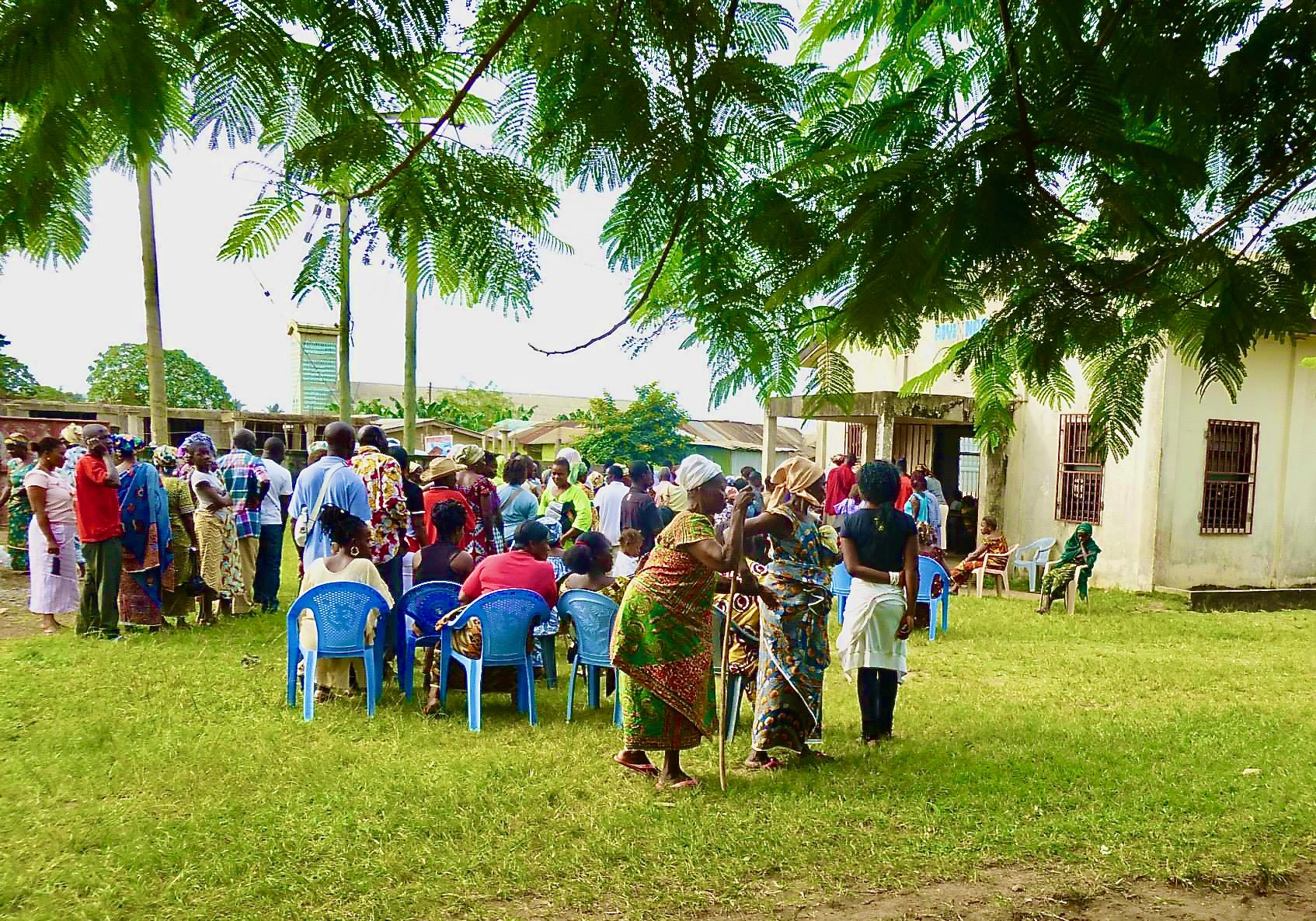
MONITORING AND EVALUATION CERTIFICATE
Module 8: Organizations Working to Enhance Surveillance in Developing Countries
International alliances and partnerships are crucial for the success of global public health surveillance systems. Because of globalization and a highly mobile society, diseases now have the opportunity, even more than in past generations, to cause pandemics. Therefore, successful surveillance to prevent future epidemics depends on an interconnected, global network of public health agencies. Continued surveillance of both existing and emerging diseases (especially in developing countries where conditions are conducive to the development and transmission of disease) is necessary to achieve public health security. Partnerships are important in raising funds, sharing information, pooling resources, and advocating for public health policies.
The following is a list of examples of agencies, initiatives, and companies that are working to improve public health surveillance in the developing world:
Global Health Security Initiative (GHSI)
The GHSI focuses on the surveillance of diseases, chemicals, and other possible mechanisms for biological weaponry. The creation of this initiative was sparked by the September 11 terrorist attacks. The GHSI deals with vaccine and antibiotic production, research into new vaccines and rapid tests, support of the WHO surveillance network, improving the interconnectivity and communication between international laboratories, sharing of surveillance data between national labs and public health agencies, and the research and sample sharing in regards to pandemic influenza. It is led by a board of advisors, and its technical advisor is the WHO. Its partners include agencies in Canada, the European Commission, France, Germany, Italy, Japan, Mexico, the United Kingdom, and the United States. For more information, visit GHSI’s website: http://www.ghsi.ca/english/members.asp.
Association of Public Health Laboratories
The APHL works to strengthen laboratory infrastructures in the United States and globally. It believes that health worldwide can be greatly enhanced by improving laboratory practice. Its mission is to “promote the role of public health laboratories in shaping national and global health objectives, and to promote policies, programs and technologies that assure continuous improvement in the quality of laboratory practice and health outcomes.” For more information, visit APHL’s website: http://www.aphl.org/AboutAPHL/Pages/default.aspx.
The Global Fund
The Global Fund consists of public-private partnerships that focus on decreasing mortality and morbidity from HIV/AIDS, TB, and malaria. Its vision is a world “free of the burden of HIV/AIDS, tuberculosis, and malaria with better health for all”. A large part of achieving this vision is investment in health infrastructure, including surveillance systems. For more information, visit The Global Fund’s website: http://www.theglobalfund.org/en/about/whoweare/.
Global Laboratory Initiative
The GLI is part of the Stop TB Partnership that aims to improve diagnosis and treatment of tuberculosis by strengthening surveillance and diagnostic systems in developing countries. A very low proportion of MDR-TB patients in developing countries are currently being detected, and this lack of data is hampering research of TB with HIV and drug-resistant strains. GLI calls itself a “network of international partners dedicated to accelerating and expanding access to quality assured laboratory services in response to the diagnostic challenges of TB”. For more information, visit GLI’s website: http://www.stoptb.org/wg/gli/.
US Global Health Initiative
The US Global Health Initiative aims to improve global health by investing in health programs worldwide. In terms of surveillance, goals of the GHI include “improving metrics, monitoring, evaluation” and improving surveillance of existing programs to “identify what works”. It involves multiple internal partners including the US Agency for International Development, the Department of Health and Human Services, the CDC, PEPFAR, and the Department of Defense. It also collaborates with other countries, private donors, and international NGOs. For more information, visit US GHI’s website: http://www.ghi.gov/about/index.htm.
Seeding Labs
Seeding Labs works to help scientists in developing countries conduct research by supplying equipment and education. The Equipment Transfer Program works by conducting needs assessments in lower income countries, and subsequently trying to satisfy these needs with donated materials from laboratories in the United States. The Fellows Program collaborates with Novartis Institutes for Biomedical Research, and brings qualified faculty in developing countries to the U.S. to train with American scientists in best laboratory practices. The Ambassador Program sends scientists from the U.S. to the developing world to educate scientists and students on the importance of laboratory work. Seeding Labs is a non-profit organization committed to improving laboratory quality in developing countries. For more information, visit Seeding Labs’ website: http://seedinglabs.org/.
Foundation for Innovative New Diagnostics (FIND)
FIND is a non-profit organization in Geneva, Switzerland whose mission is to “drive the development and early implementation of diagnostic tests that have a high impact on patient care in low and middle-resource settings”. FIND collaborates with universities, companies, and organizations to develop diagnostic tests. FIND is especially focused on tuberculosis, malaria, Human African Trypanosomiasis, and leishmaniasis. For more information, visit FIND’s website: http://www.finddiagnostics.org/about/.
